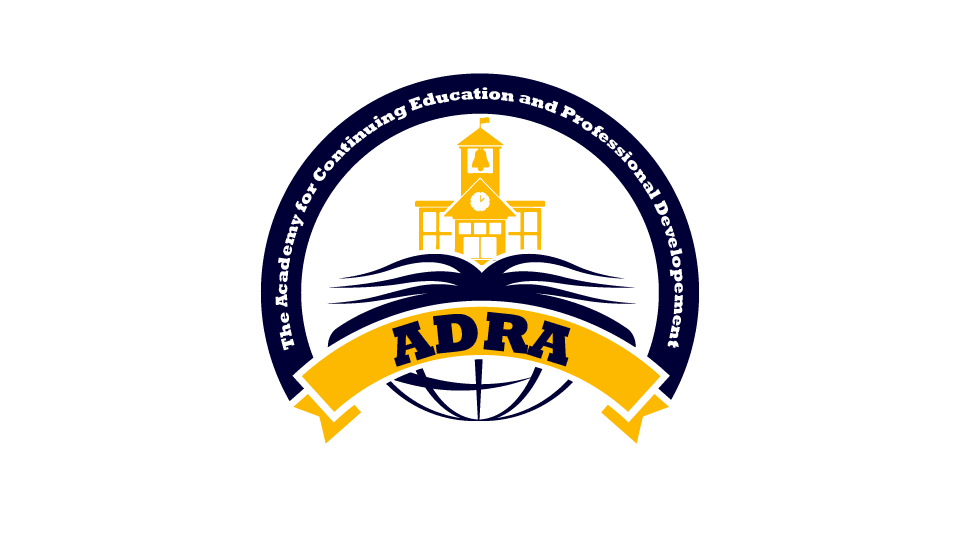Short Course Description
Learning Outcomes for Mastering mLearning: Harnessing the Power of Mobile Education
Duration: Self-paced.
Credits: Certificate of Completion 1.5 CEU, International Accreditors for Continuing Education and Training
Platform: Online with multimedia interactive content, quizzes, and practical exercises.
Who Should Enroll:HR professionals, trainers, educators, corporate managers, or anyone interested in modernizing their training and educational methods.
Upon successful completion of this course, participants will be able to:
- Foundational Understanding: Clearly articulate the concept, significance, and evolution of mLearning in today's digital era.
- Device Familiarity: Differentiate between various mLearning devices like mobile phones, tablets, notebook computers, and PDAs, and identify their unique advantages in the learning context.
- Equipment Integration: Recognize the role of ancillary equipment in mLearning, such as internet connections, messaging services, and video cameras, and integrate them for a seamless learning experience.
- Comparative Analysis: Contrast the principles, structures, and tools of mLearning with traditional eLearning, highlighting the unique attributes of both.
- Content Creation & Strategy: Employ the "Four C’s of mLearning" (Content, Compute, Capture, Communicate) to design and deliver engaging mLearning content tailored for mobile devices.
- Holistic Approach: Understand and apply the FRAME model to consider device, learner, and social aspects when designing mLearning experiences.
- Challenges & Solutions: Identify potential challenges in mLearning, such as dependence on technology and security concerns, and devise strategies to mitigate them.
- Benefit Recognition: Understand the key benefits of mLearning, including cost savings, continuous support, and accessibility to unlimited resources, and leverage them for organizational gain.
- Implementation Strategies: Design a comprehensive mLearning strategy for an organization, encompassing resource organization, work plan drafting, employee engagement, and goal establishment.
- Training & Support: Develop an effective employee training program for mLearning, ensuring smooth adoption, clear communication, and adherence to established guidelines.
- Reflective Practices: Evaluate the effectiveness of mLearning initiatives, identify areas of improvement, and incorporate feedback for continuous improvement.
- Future Preparedness: Stay updated with emerging trends in mLearning, ensuring the adaptability and relevance of training methods in the ever-evolving digital landscape.
These outcomes ensure that participants not only understand the theoretical foundations of mLearning but are also equipped with the practical skills needed to implement mLearning effectively within their respective organizations or fields.


